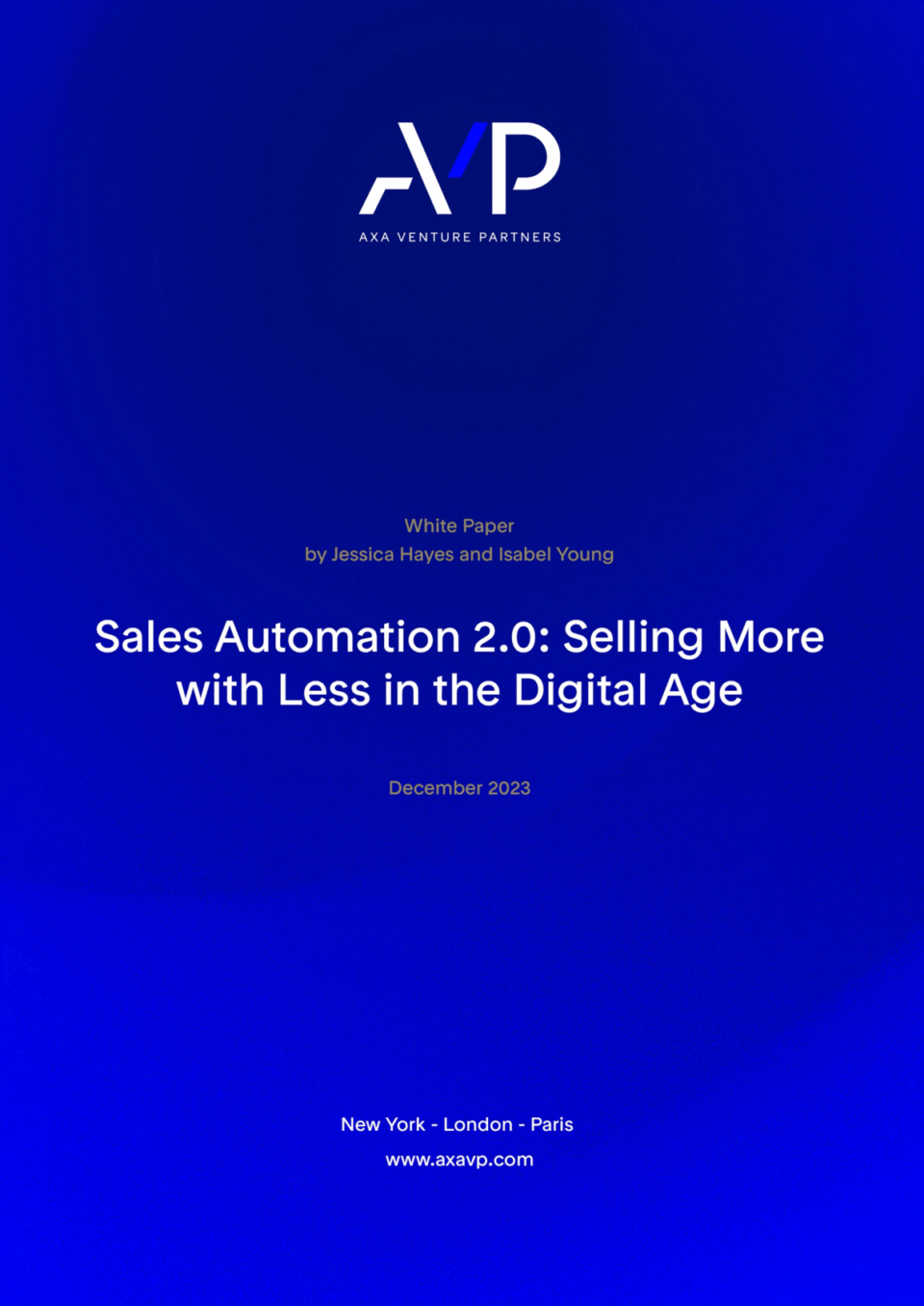Executive Summary
In an increasingly competitive market environment, sales automation presents an unprecedented opportunity for businesses to thrive. With the advent of technology, sales professionals are now equipped with robust tools and resources that enable them to engage effectively with customers and close sales deals more efficiently. This whitepaper explores the pivotal role of sales automation in transforming the sales landscape, with a focus on how businesses can harness its power to bolster productivity and enhance customer satisfaction.
Technical Background
Sales automation, as a field, is designed to streamline the sales process through the use of cutting-edge technology. The automation of repetitive tasks allows sales representatives to devote more time to engaging with customers and closing deals. In addition, advanced data analytics empower businesses to make informed strategic decisions. However, despite its benefits, only one in four companies have harnessed the power of sales automation, indicating a significant market gap.
System Architecture
Sales automation is implemented across the entire customer journey, from prospecting to closing the sale. The key tasks assisted by sales automation include lead intelligence, AI-powered email composition, and data analytics, among others. This results in a well-rounded architecture that enhances the overall sales process.
Implementation Details
In implementing sales automation, businesses need to identify the areas of their sales process that would benefit most from automation. These typically include repetitive tasks that consume a significant portion of a sales representative’s time. Once these areas have been identified, appropriate automation tools can be deployed to enhance efficiency.
Code Examples
While this document does not delve into the specific coding aspects of sales automation, it is worth noting that the implementation of automation tools typically involves integrating APIs into existing systems. These APIs allow the automation tools to interact with the system and perform tasks based on predefined instructions.
Performance Analysis
Companies that have implemented sales automation have seen a surge in leads and a boost in lead quality, according to research conducted by Forrester. In addition, McKinsey’s research indicates that up to a fifth of current sales-team functions can be automated, resulting in increased productivity and a potential 10% sales uplift.
Security Considerations
As with any IT solution, security is a crucial concern in sales automation. Businesses need to ensure that the tools they use comply with data protection regulations and that their customer data is secure. This often involves conducting regular security audits and using encryption to protect sensitive data.
Troubleshooting
Issues that may arise during the implementation of sales automation can often be resolved through technical support provided by the tool vendor. It is also advisable to have a technical team on hand to address any system issues that may arise.
Conclusion
As we move further into the digital age, sales automation is set to play an increasingly important role in shaping the sales landscape. By harnessing the power of technology, businesses can enhance their sales process, improve customer satisfaction, and ultimately, drive growth.
Download PDF Document
Enter your contact details to download the complete document with all original formatting and detailed information.
